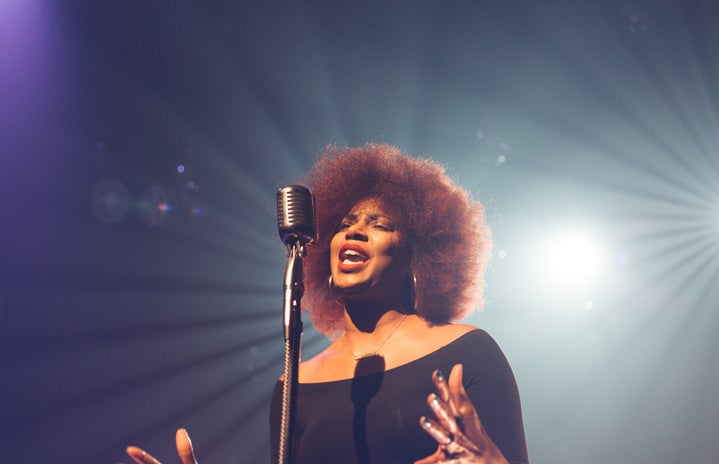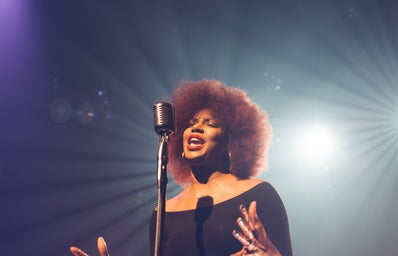I f*cked all night
And the night before, baby
And I feel like I wanna f*ck some more
Oh, grind me honey
Shave me dry
Back in August of 2020, artists Cardi B and Megan Thee Stallion completely broke the internet with their song WAP. Most women championed them as sex-positive icons, however men in the music industry, political candidates, and some women as well devoted articles and videos bashing the song for insulting lyrics and over-sexualization. However, those who know the song know that the lyrics above are not from Cardi B and Meg Thee Stallion.
Related: Artists, Parents and Conservatives Enraged Over Cardi B’s New Hit Single “WAP”
The lyrics above are actually a rendition from a song called “Shave Em Dry,” a dirty blues song first recorded by Ma Rainey back in 1924, but the lyrics come from Lucille Bogan and was released in 1935. For a song that was released almost a century ago, you would think that sexually explicit songs today would be right in that wheelhouse. The fact of the matter is, society is okay with songs about sex as long as women aren’t the ones singing the lead vocals.
In the rap industry, we continually hear male artists reducing women down to the sexual acts they can provide them, lyrics scattered with misogyny, and consistently filled with degrading name-calling. But even outside of the genre of rap, I can think of several songs by men that sexualize women. Yet, no one holds these men to the same standards that women are subjected to. No one tells 2 Chainz to be a role model when he sings about wanting a “big booty ho” for his birthday. No one said Robin Thicke’s “Blurred Lines” was inappropriate to play at the family cookout with young children. Not once have I heard that artists like Luke Bryant, who tell women to “shake it for me,” or Guns N Roses, who tell women to “turn around bitch I got a use for you,” are responsible for holding men back in society.
Yet the minute a female artist like Lady Gaga writes “LoveGame” or Janelle Monae wears vagina-inspired pants in a tribute to femininity, there’s an uproar. I mean, how dare women capitalize off of the same industry that exploits them and profits from their sexuality, right? Here lies the age-old double standard in which women are placed on pedestals and must submit to respectability politics. Sure, some of the songs mentioned above have received criticism, but never at the sheer volume or degree that women face.
When women express their sexuality through music they are essentially stating they have agency over their bodies. They are owning their desires and pushing the envelope to normalize them. Whether it be Ariana Grande owning it with her legendary whistle notes in 34+35, Khelani using water astrological signs to create innuendos, or Chloe x Halle singing in perfect harmony about embracing their sexuality, all are necessary.
Maybe these artists’ form of expression doesn’t resonate with you as a woman, and that’s okay! What’s not okay, if for the women that do feel validated with such music to not have current figures of representation. When women only hear about their sexuality from men, it creates this falsehood that a woman’s sexuality exists for the sake of other people. Women in the music industry have always been at the forefront of teaching the distinction between being sexual and being sexualized. Unfortunately, it is still one that comes with pushback.
After Lucille Bogan released her rendition of “Shave Em Dry,” she was dropped from her record label. Whether it’s 2020 or 1935, society is still debating female sexuality and punishing women for being sexual, but it’s regressive to think that women are going to stop. Whether it’s Madonna, Britney Spears, or Nicki Minaj the message only becomes clearer over time.
Women are going to continue destigmatizing female sexuality whether you like it or not. They are going to continue to pay homage to the Lucille Bogans who put their careers on the line to be seen. Instead, nay-sayers should be asking themselves why they keep “accidentally” listening to such songs when the skip button is right there.



